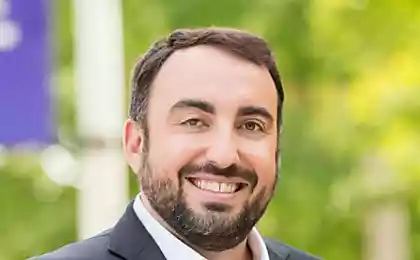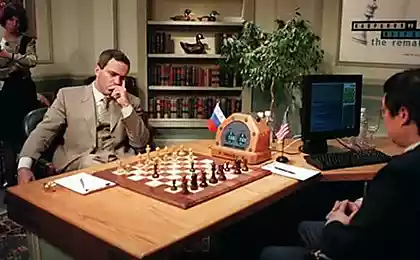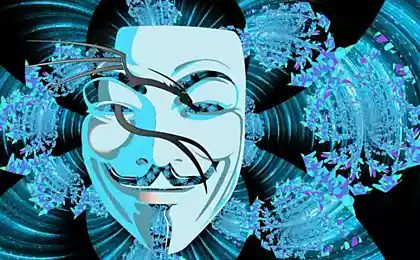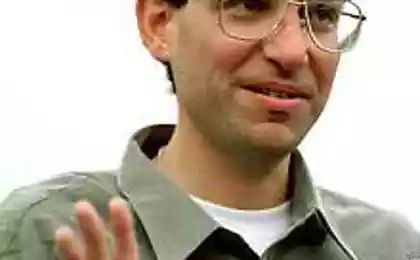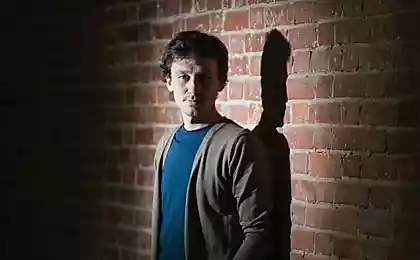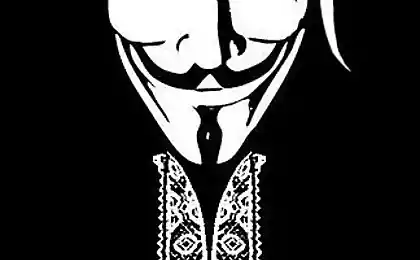1621
Hackers and their achievements

Robert Tappan Morris
Even if you do not know almost nothing about computer viruses, it is still probably heard about the so-called "worms." The first to launch such a virus in the network was Robert Tappan Morris.
A graduate student at Cornell University, Morris created his "worm" and 2 November 1988 released its network than six paralyzed thousands of computers in the United States. Later he claimed that just wanted to see how the Internet has grown, and what happened - the consequences of out-of-control experiment. However, the "worm" was something much more than just a test: he read the / etc / passwd, trying to pick up account passwords. In the end, Morris was fined and sentenced to three years probation.
Morris later became a professor at Harvard University and the author of a huge number of developments in the field of software. Today he - Professor of Computer Science at the Massachusetts Institute of Technology. Not a bad career for a hacker.

Deceptive Duo (pictured Robert Little)
In 2002, the Deceptive Duo (group of two people - a 20-year-old Benjamin Stark and 18-year-old Robert Little) made a number of high-profile hacking government networks, including the US Navy, NASA, the FAA and the Department of Defense.
Like many other hackers, Stark and Little argued that just wanted to point out vulnerabilities in security systems and thus help their country. Two hackers left in these systems and post messages to a known resource email addresses of officials and secret government websites in an attempt to attract the attention of the government. And attracted.
In 2006, both the hacker pleaded guilty. Stark received two years probation, Little - four months probation for three years, and both had to pay tens of thousands of dollars in compensation for the damage caused.
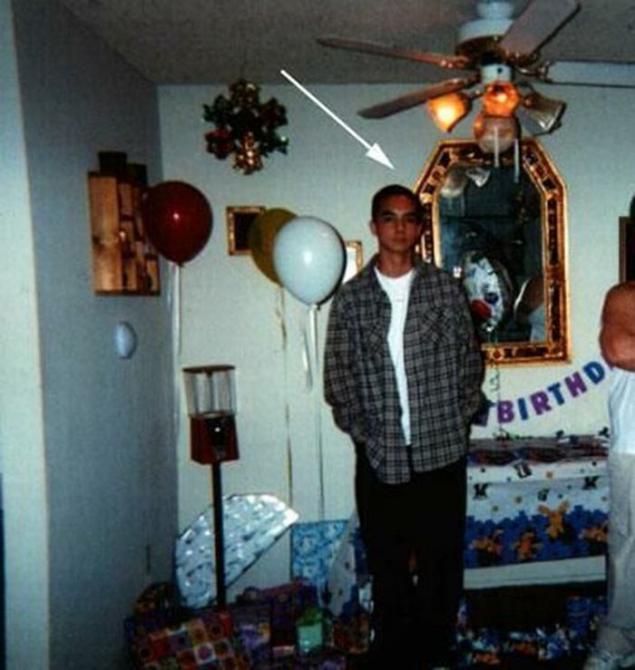
Jonathan James (aka c0mrade)
The list of computer systems to be incredibly protected to avoid his way no computer genius, of course, occupies a place of honor system of the Ministry of Defense. However, American hacker Jonathan James hacked the system and got on their server. The guy at the time was 15 years old.
29th and June 30th, 1999 James attacked NASA. He was able to free climb on the entire network and steal a few files, including source code of the international space station. Of course, NASA launched a massive operation to catch the hacker, and soon James was caught. NASA has estimated the damage at $ 1, 7 million.
Due to the fact that James was not of legal age, he was sentenced to six months in all detention and was forced to make a commitment to renounce the use of computers.
Unfortunately, James is no longer alive. He died May 18, 2008 under mysterious circumstances. The official cause of death - suicide, but there are rumors that a hacker difficile was "removed" state structures.
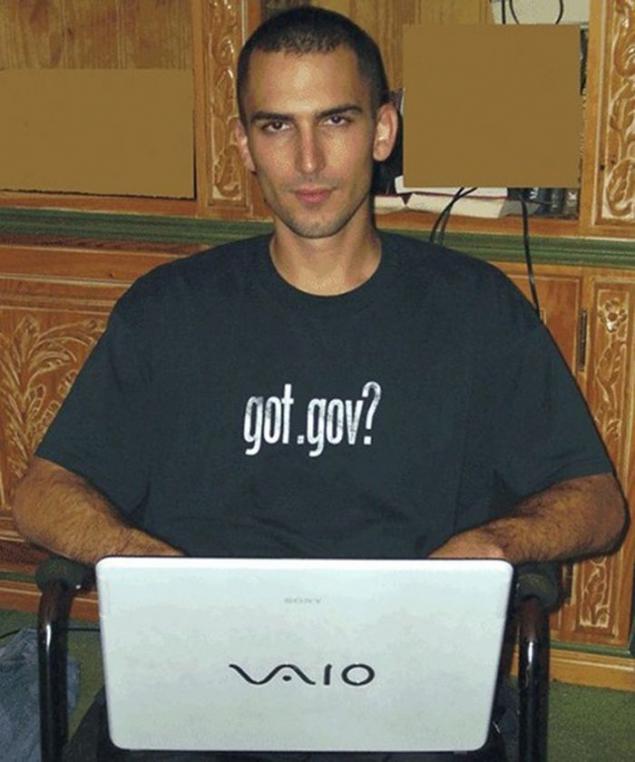
Dmitry Galushkevich
In 2007, Estonia suddenly lost access to the Internet. This "small but very tech-savvy" country blamed the Russian government. Just as often happened in Estonia unrest due to the dismantling of Soviet monuments, so suspect Russia was quite logical.
Hackers responsible for the cyber-terror, have access to all the computers of the country and used them all overloaded servers. ATMs did not work, the Web page does not open, the state had to shut down the system.
Estonian officials took several weeks to find the culprits. It turned out that someone made a stir Dmitry Galushkevich, 20-year-old ethnic Russian living in Estonia. Alone, he gave this commotion or with a group of like-minded people to find out it was not possible. Galushkevich himself was fined 17,500 kronor (about 45 000).

Kevin Poulsen (aka Dark Dante)
In the 1980s, at a time when the phone phreaking became very popular in certain circles, Poulsen has played a clever trick on LA's radio station KIIS, falsifying a few phone calls, which allowed him to win the grand prize - a trip to Hawaii and the car brand Porsche.
A little later, a hacker broke into the FBI database and gained access to classified information regarding wiretapping, after which the FBI began to hunt for him. As a result, Poulsen was captured and sentenced to five years.
He now holds the position of Chief Editor of Wired News.

John Draper
Draper can without exaggeration be called the grandfather of hackers. Back in the early 1970s, he came to be considered the "king" of phone bullies - that is, to make free calls. While the Internet has not yet been distributed and few people had personal computers, so that Draper is on the telephone.
Hacker found that a toy whistle from a box of corn flakes makes a sound similar to an electric signal access to the telephone network, and came up with a way to call for free: gaining international number and whistled the whistle. Signal whistle signal coincides with the telephone network and to tell the system that Draper hung up. Thus, the line was considered free, and all further actions subscriber is not recorded.
After several experiments, John, along with his friends Steve Wozniak and Steve Jobs (familiar names, is not it?) Have created a device called the Blue Box, allows you to simulate the sound of the telephone network and make free calls. Later Draper wrote the world's first text editor for IBM PC «EasyWriter». He currently runs his own company in computer security.
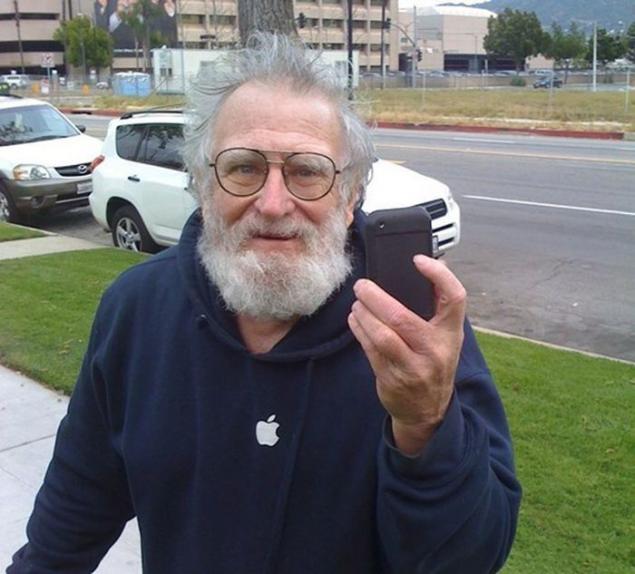
Rafael Gray (aka Curador)
Rafael Gray called himself a righteous and insisted that he was only trying to help e-commerce sites when they hacked the database to steal credit card numbers and personal information of 26 000 American, British and Canadian customers in 2000.
Then 18-year-old Welsh teenager said that was just trying to draw attention to security vulnerabilities. Though not entirely clear why he has placed in such a case the stolen card numbers in the public domain on the Internet, but that is another question.
In 2001, Gray was sentenced to three years of forced psychiatric treatment.
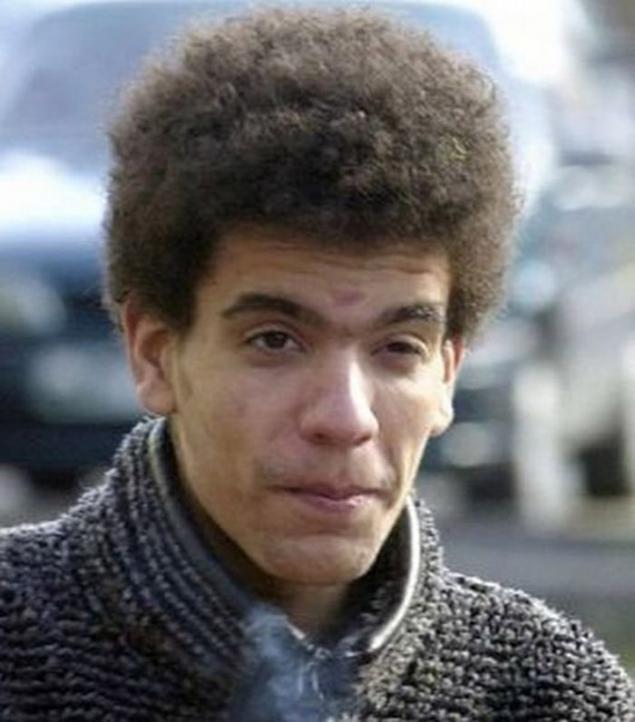
Gary McKinnon (aka Solo)
London hacker Gary McKinnon Scottish descent acted not so much fun as pursuing political goals.
In 2002, McKinnon got into the computers of the Ministry of Defense, the Army, Navy, Air Force and NASA. Later, he said he was looking for evidence of hiding information about UFOs, concealment of information about alternative energy sources and other technologies that are potentially useful for the society.
This is not a joke. McKinnon said he has reason to believe that the US government is hiding alien technology that could solve the global energy crisis. However, a self-taught hacker admits that he could "accidentally" delete a whole bunch of other files and may damage some hard drives when he tried to cover their tracks. However, he still insists that nothing unusual had happened.
The US government, in turn, said that the attack McKinnon cost $ 800,000, and casts doubt that the hacker was really looking for information about UFOs. British lawyers who have taken under the protection of Gary, insist that their client, who suffers from Asperger's syndrome, deserves special treatment due to the unstable mental health.
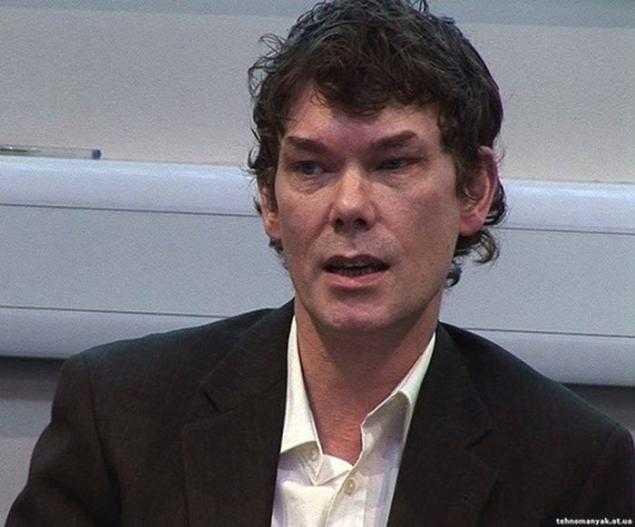
Adrian Lamo
Yes, companies sometimes hire hackers to test the weaknesses in their systems, but no one has ever hired Adrian Lamo.
In 2002 and 2003, Lamo hacked into the system of several large companies just for fun, and then informed us about errors in their security systems. Among the sites attacked by hackers, were Microsoft, Yahoo, and New York Times, where he said his contact information in a database expert.
Known as the "homeless hacker", Lamo often work, connect to the network in an Internet cafe and public libraries. Many people believe that they moved thirst for glory. Invasion Lamo network NY Times in 2003 attracted the attention of opponents of cybercrime, he was caught and sentenced to six months of house arrest and two years probation. Lamo now works known lecturer and journalist, an independent consultant on security, but at the same time avoids any mercenary office work.
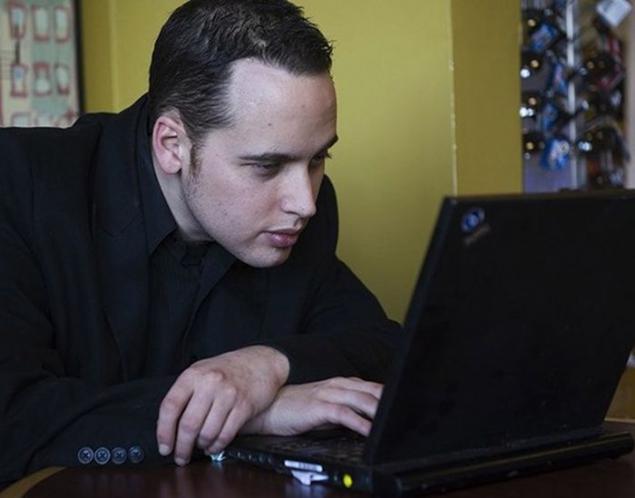
Kevin Mitnick
It all started when Kevin Mitnick suddenly wanted to use public transport for free.
Mitnick hacked into the bus system in Los Angeles with the help of a fake travel document. Later, at the age of 12, he became a telephone swindler - at first amused by routing the signal to the home phone and payphone listening to the owners home phone conversation before asking to omit a dime. Then just began to call for free anywhere he wanted. A few years later Mitnick already searched all over the country for breaking into network Digital Equipment Corporation and the theft of their programs. It may have been his first notable break-in, but later got a guy and a network of telephone giants Nokia and Motorola.
FBI caught him in 1995 after breaking America's leading expert on computer security Tsutomu Shimomura. Mitnick was sentenced to five years in prison, and when released from prison, became engaged in the protection of computer systems and founded Defensive Thinking Inc., specializing in computer security. He also wrote several books about hackers.
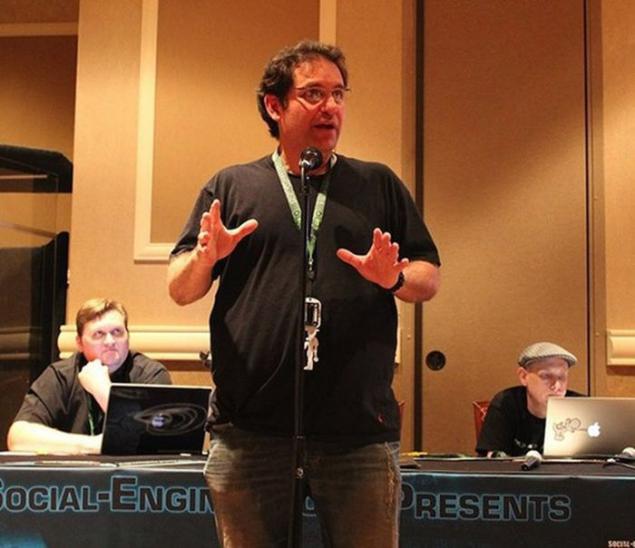
Source: www.softmixer.com




